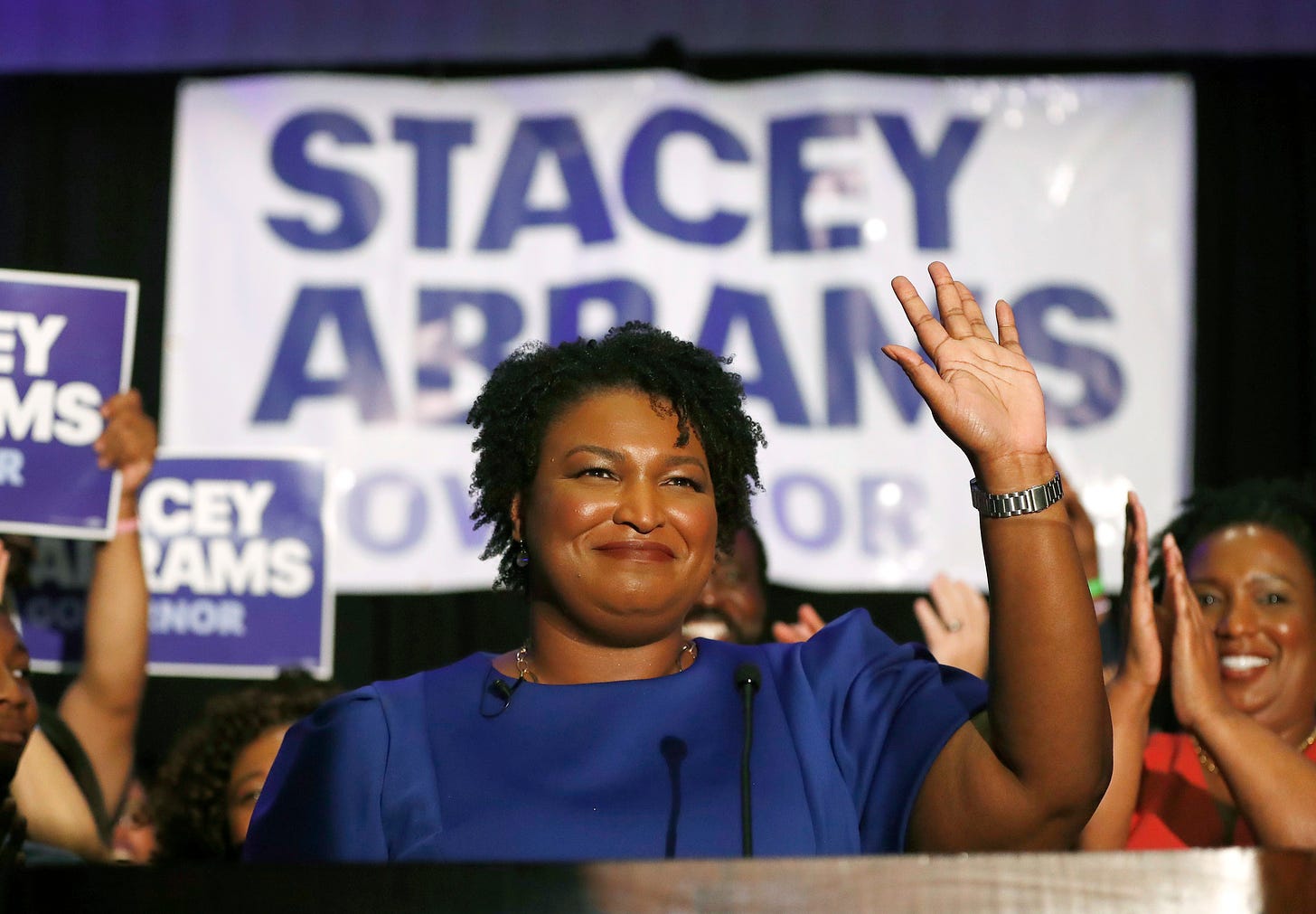
Shakespeare in Love came out in 1998. The comedy starring Gwyneth Paltrow would go on to rack up seven Academy Awards in 1999. The movie beat Saving Private Ryan as best picture with both Paltrow winning Best Actress and Judi Dench winning Best Supporting Actress.
The movie competed in the Best Picture category against Elizabeth (one of my favorite movies), Life is Beautiful, The Thin Red Line, and the aforementioned Saving Private Ryan. To this day, even members of the Academy of Motion Picture Arts and Sciences lament its win against Saving Private Ryan, now widely considered one of the best war movies ever made.
The movie won because Harvey Weinstein and Miramax, the film’s distribution company, waged a relentless campaign for the picture. The stars were interviewed, parties were held, and an unseemly campaign against its competitors spread rumors, innuendo, and assertions designed to undermine the competition. It worked for Shakespeare in Love, but it left such a bad taste in the mouths of those in Hollywood that ever after movies have been punished for being so aggressive in the quest for an Oscar.
Mind you, it is not that movies have stopped campaigns for awards. They are just more discreet. Stacey Abrams could learn a lot from that history.
I interrupt to remind you that if you have not paid for a subscription, you should. The content is shifting to more behind the paywall and you are going to miss out on interviews, podcasts, and other content. So click the subscribe button now.
I have only met Stacey Abrams once. In 2018, I interviewed every person running for Governor of Georgia in both parties. I gave each of them an hour on my radio show to have a conversation. The questions were designed to be probative, not combative. For the Democrats, I knew they were coming into ostensibly unfriendly territory and I wanted to make them feel welcome. I just wanted my audience to be able to get to know them.
Abrams was, hands down, the best interview. She was witty, self-deprecating, and wicked smart. She shared some common positions with a few of her Republican opponents and articulated those positions better. She could poke fun at herself and defend her views unapologetically. As someone who has interviewed world leaders, I liked her forthrightness, her willingness to mock herself, and the humility she showed in the interview.
The would be Governor of Georgia needs to now show some of the humility she showed when I interviewed her. Her campaign to be Vice President is disqualifying. Vice President Biden is considering women who have been elected to statewide office, served in executive positions, and already established their credibility on the national stage as winners. Abrams won a state house seat in a heavily Democratic area of Georgia and nothing else.
Despite all her claims to run various national groups, nonprofits, and to even have foreign policy experience, Abrams really is not in the league of a Kamala Harris, Amy Klobuchar, Elizabeth Warren, Michelle Grisham, or even a Keisha Lance Bottoms. Abrams represented 48,980 residents of a state house district. Mayor Bottoms of Atlanta is an executive of a city of 500,000 people and the world’s busiest airport.
Abrams’ ambition is actually admirable. But her open campaign is too much and shows neither humility nor an appreciation for the role of Vice President. Abrams’ campaign has even gotten more attention than Vice President Biden’s own campaign. Biden’s advisors are now deriding Abrams in New York Times articles for a campaign they view as unseemly.
In a survey of Academy voters in 2015, Shakespeare in Love was ranked as the movie Academy members most regret voting for. If Abrams wants Democrats to avoid similar regret, she needs to step away from the microphone.





Biden's memory may not last a full term. This is a race the VP matters much if BIden wins and needs help.
Shrewd observation Erick, very shrewd.